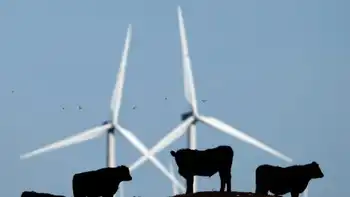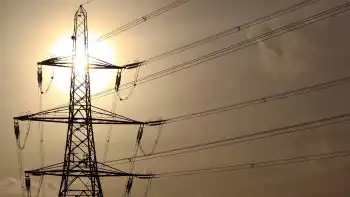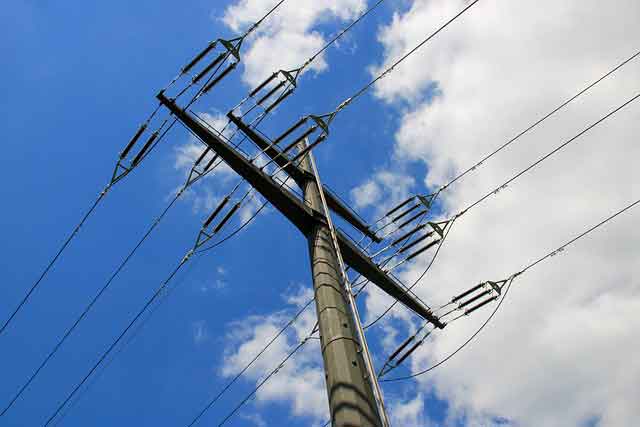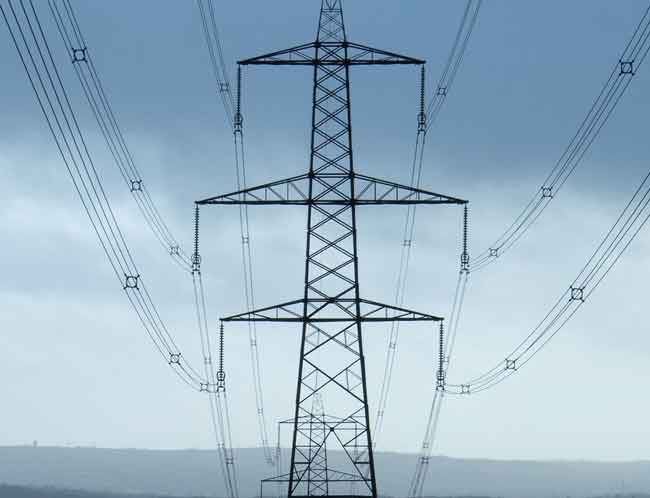Pengze nuclear steam turbine contract awarded
JIUJIANG, CHINA - Dongfang Electric Corporation Limited, one of the top-three power equipment manufacturers in China, recently signed a $360 million contract with China Power Investment Corporation CPIC and China Power Complete Equipment Company Limited CPCEC, the tendering agent and a subsidiary of CPIC, to supply the required turbine-generators for the conventional island of the Pengze Nuclear Power Project in Jiujiang of Central China's Jiangxi province.
Shugang Wen, the president of Dongfang Electric Feng Gao, the vice president of Dongfang Electric, Peigeng Yu, the chief engineer of CPIC Lisheng Ju, the general manager of CPCEC Hongsheng Hao, the general manager of CPIC Jiangxi Nuclear Power Company Limited and other leaders and representatives attended the signing ceremony.
The Pengze Nuclear Power Project, located at Madang Town, Pengze county of Jiujiang city in central China's Jiangxi province, is the first inland nuclear power project based on AP1000-based reactor technology, and also the first turbine-generator supply contract for the conventional island of an AP1000-based nuclear power project. The project has a total planned capacity of 8,000 megawatts MW and will require an estimated investment of $8.8 billion.
Two AP1000 nuclear power units, each with a rated power of 1,250 MW, are proposed in Phase I. According to the agreement for Phase I construction, the project will be built and operated by CPIC Jiangxi, a joint venture established under the control of the CPIC in 2009.
Site preparation of the project was officially kicked off in May 2009. In May 2010, the Safety Analysis Report and the Environmental Impact Assessment Report of the project received approval from the National Nuclear Safety Administration. According to the schedule, the first unit is expected to begin operation in 2015, and the second unit will begin operation in 2016.
Related News

Renewable power developers discover more energy sources make better projects
CALGARY - Third-generation farmer James Praskach has been burned by the oil and gas sector and watched wicked weather pound his crops flat, but he is hoping a new kind of energy -- the renewable kind -- will pay dividends.
The 39-year-old is part of a landowner consortium that is hosting the sprawling 300-megawatt Blackspring Ridge Wind Project in southeastern Alberta.
He receives regular lease payments from the $600-million project that came online in 2014, even though none of the 166 towering wind turbines that surround his land are actually on it.
His lease payments stand to rise, however, when and if the…




